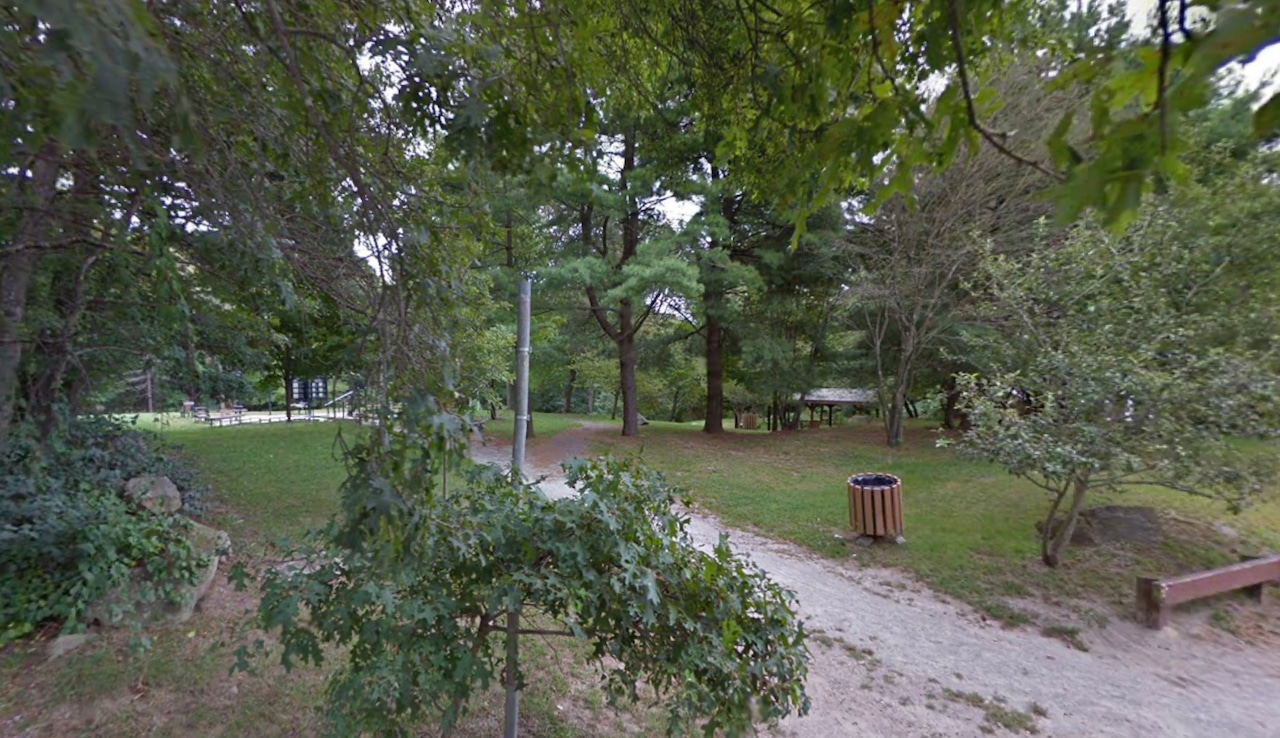
Dear Annie: My husband and I have been married for 36 years, together for 40. He suffers from anxiety and depression and has chosen alcohol as his drug of choice. He thinks he is not an alcoholic because he can quit for weeks and even months at a time.
We have four grown children and five grandchildren. The kids all talk about their dad’s drinking problem and have said things to him. I have also told him how much it hurts our relationship, but he continues. He’s not affectionate anymore, rarely goes out of his way to do nice things for me, yet he still wants to have sex. I can hardly stand it when he touches me because I harbor so much resentment toward him.
I know the long-term effects of alcohol abuse, and he is already starting to show signs — episodes of blacking out, memory loss and liver damage to name a few. He has gotten physical with me only once and choked me in front of two of the kids while drunk. He says he doesn’t remember it.
I am at a point in my life that I want to travel and do things. I am the major breadwinner, and I feel like it’s my right to enjoy life.
There was one point where I left him and, while separated, connected with a friend of ours going through a similar situation. We were of great emotional support for one another. This relationship became physical, and it was amazing — tender and fulfilling for both of us. We both went back to our partners because of our children and grandchildren and wanting to keep our families whole. We still talk and support one another as friends. I have just grown so unhappy and don’t know what to do.
— Struggling in the Midwest
Dear Struggling: Your husband is exhibiting frightening, unacceptable behavior. First thing’s first, you need to ensure your safety as well as that of your children and grandchildren. While you say he’s not physical often, violence to any degree is not OK.
Since your husband will not seek care on his own, now is the time for a serious intervention. Between you and your children, hopefully an ultimatum will make him finally come to terms with how detrimental his addiction has become, to both himself and to others. Rehabilitation first and, eventually, marriage counseling second, if he is willing to commit to bettering your relationship. With all this going on, you might consider seeking out your local Al-Anon chapter for support.
Dear Annie: I am writing regarding “No Visits for Nana,” the elderly woman whose adult daughter, grandchildren and great-grandchildren live two hours away and almost never visit. I find that many elders have unrealistic expectations for their family who are busy with work, school, etc., yet are not particularly amenable to making changes of their own.
“Nana” needs to consider selling her home and moving into adult/assisted living. She can do this near where she currently resides or closer to her family. It does sound as if she would benefit from more social interaction. She may or may not see her family as much as she would like but will probably see them a lot more frequently if she does this.
— Champion for Change
Dear Champion: I wholeheartedly agree with you. If “Nana” doesn’t have much tying her down to her current community, a move, when and if feasible, is a no-brainer. Being closer to her family and having more opportunities to see them plus being surrounded by peers in an assisted-living setting equals a win-win.
“How Can I Forgive My Cheating Partner?” is out now! Annie Lane’s second anthology — featuring favorite columns on marriage, infidelity, communication and reconciliation — is available as a paperback and e-book. Visit http://www.creatorspublishing.com for more information. Send your questions for Annie Lane to dearannie@creators.com.
COPYRIGHT 2023 CREATORS.COM






